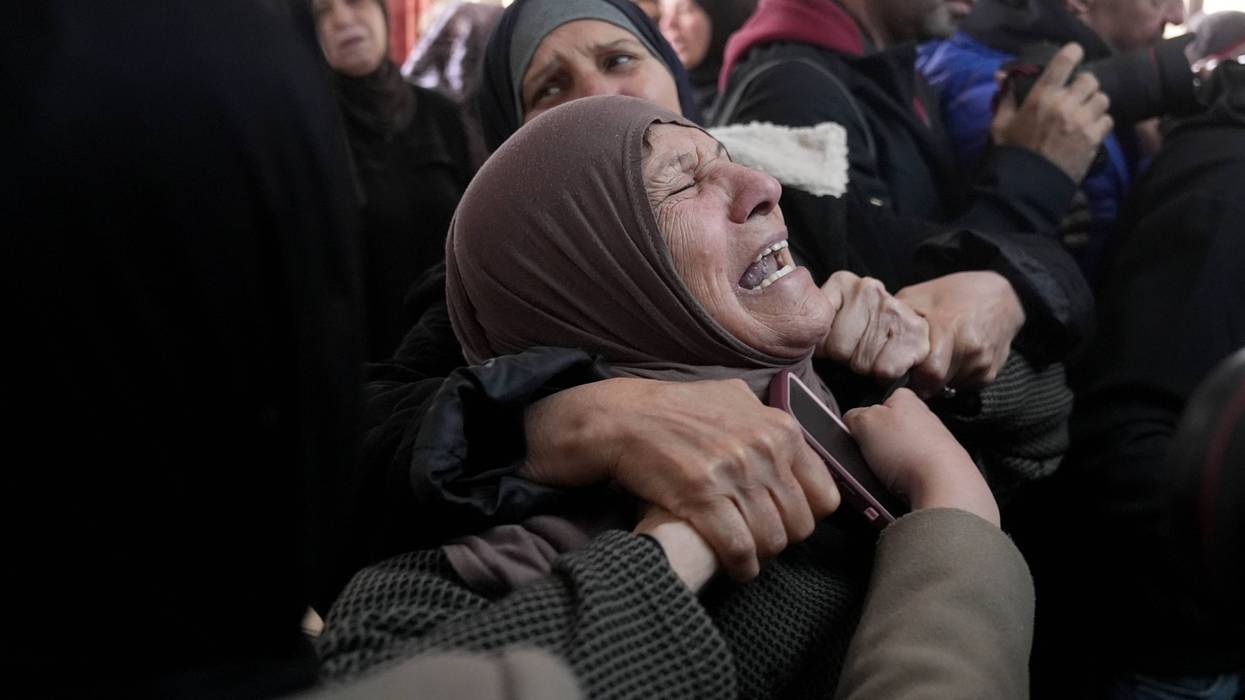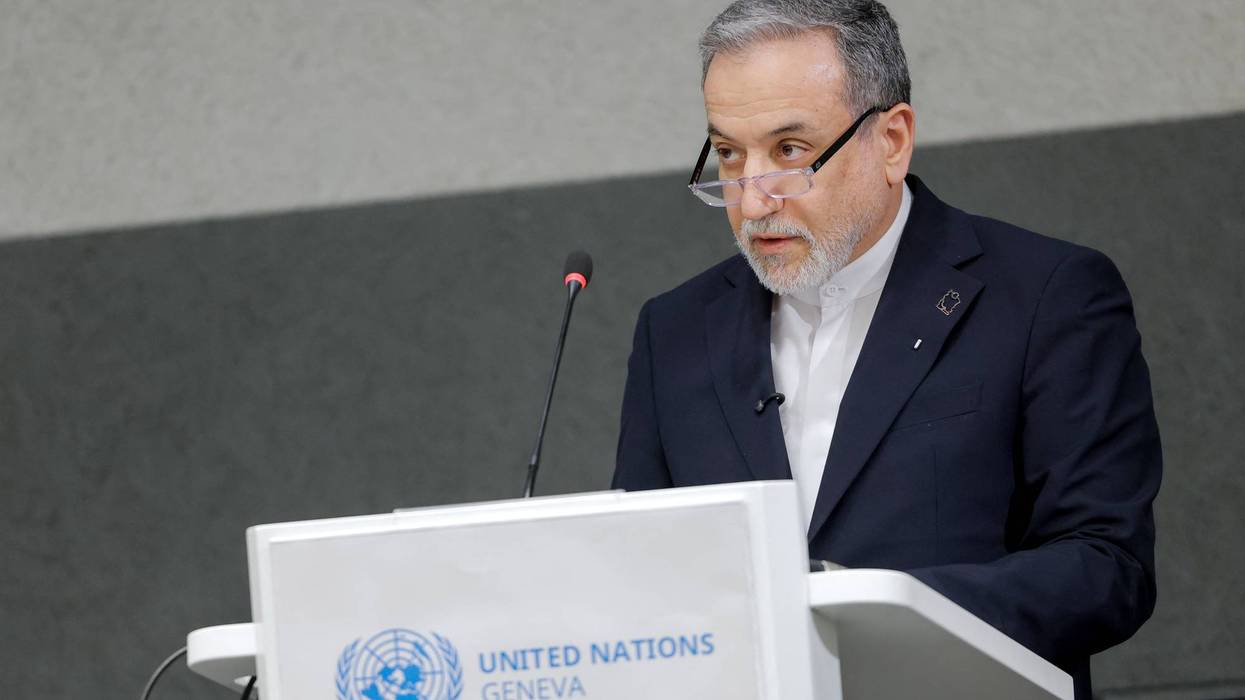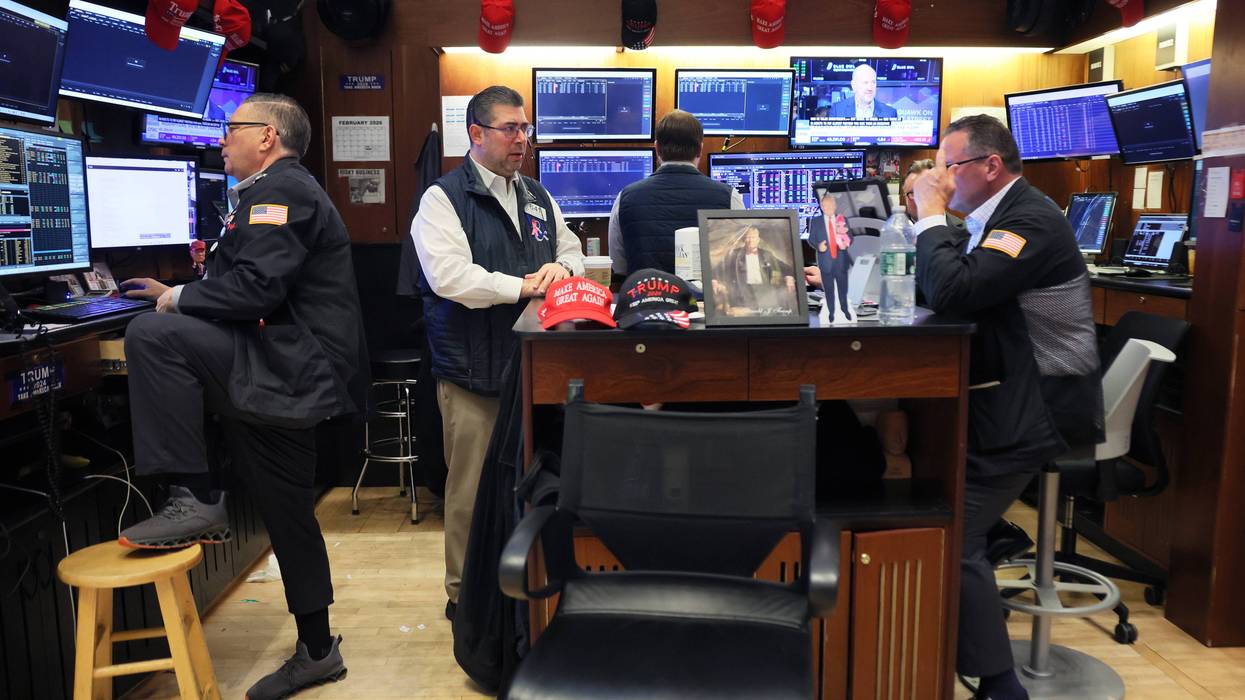The G7 Leaders in their communique reiterated previous commitments on the energy transition decisions of COP28, but revealed no further progress to deliver climate finance. The G7 leaders committed to be “leading contributors'', but without concrete pledges to back up this claim.
“It’s extremely disappointing that G7 leaders have failed to advance the kind of climate agenda we need by providing additional climate finance and an ambitious new finance goal ahead of the upcoming COP29 climate talks in Azerbaijan in November. They have once again demonstrated they don't care enough to go beyond lip service on climate finance. Only speaking of being 'leading contributors' is not enough. The G7 leaders had the responsibility to put something meaningful on the table but failed. It is imperative that leaders in the Global North take responsibility for the climate crisis through granting significant finance to the Global South for renewables development, adaptation, and loss and damage. Unlocking finance is essential, time is ticking, and the world is watching.
Andreas Sieber, 350.org Associate Director of Global Policy and Campaigns
Leaders reaffirmed a commitment to the COP28 renewable energy target, and a new clean energy initiative with African states. However current government climate goals reveal a 3000 gigawatt renewable ambition gap by 2030, which is insufficient to replace fossil fuels at the scale and speed necessary to keep staying at 1.5 degrees within reach .
“The G7s 2035 coal phase out commitment is an insufficient step in the right direction. It is inadequate when it comes to meeting the historic responsibility of the wealthiest nations and biggest historical emitters and falls short of what science commands." Andreas Sieber
2024 has been dubbed the ‘year of climate finance’ to build on progress made in Dubai at Cop28. Campaign organizations such as 350.org are hoping that world leaders' summits such as G7 as leaders of the wealthiest nations and biggest historic emitters would lead the way by putting climate finance firmly on the table.
Additional Quotes
Germany: Kate Blagojevic, 350.org
“This very difficult week for the German Chancellor ends in the supposed ‘engines’ of the world stalling on delivering meaningful climate action at this meeting. Scholz failed to make the kind of commitments in renewable energy or energy efficiency that are needed to limit global heating and bring down energy bills in Germany. Importantly, the leaders failed to put the kind of money on the table that could both provide finance to repair climate damage and deliver affordable, renewable energy to people in the Global South. Finance could be found if the leaders agree to a global wealth tax on the ultra-wealthy. This is the kind of dynamic climate leadership needed to deliver hope and change rather than more hot air from global meetings.”
France : Fanny Petitbon, 350.org France
“G7 leaders proved once more how disconnected they are from the reality of the climate emergency. President Macron, who last year hosted in Paris the Summit for a New Global Financing Pact to create a “public finance shock” for development and climate action, and a few months later made severe cuts to Overseas Development Assistance, yet again didn’t live up to his promises. At Apulia, he failed to pledge any new and additional money to support the most vulnerable countries in boosting their energy transition, through real solutions and not dangerous distractions, and in facing climate impacts. This is a huge missed opportunity given the uncertainty around the French political landscape in three weeks from now, and its potential devastating consequences on climate ambition domestically and globally.”
UK: Tommy Vickerstaff, 350.org
“Sunak’s position on climate has been consistently, dangerously weak. As the G7 countries collectively flounder, the UK’s failure to act and spend at the scale needed to tackle the climate crisis is clearer than ever. The UK needs to give a firm, honest commitment to finance a rapid transition to renewables domestically and globally. Instead of the general public, it is the ultra rich - billionaires and fossil fuel companies - who should be footing that bill, and whoever leads the next government has to make that happen.”
Japan: Masayoshi Iyoda, 350.org
“One year after Japan showed a total lack of climate leadership at the G7 Hiroshima summit, PM Kishida failed to repair his reputation this year again. In the summit, Kishida mentioned the seriousness of climate disasters in Africa and the needs of climate finance. At the same time Kishida promised to support a fossil gas project in Mozambique. Japan’s international public finance is notorious for still supporting fossil projects overseas and for its predatory lending practices, such as burden of loans and conditions to contract with Japanese industries. It's time for Japan to redirect its full financial support to fair, safe, and affordable renewable energy and energy conservation.
Domestically, Kishida must change the fossil-addicted and nuclear-dependent policies in the reviewing process of the Basic Energy Plan to achieve the coal phaseout commitment.”
US : Candice Fortin, 350.org
"Yet another meeting ends without real commitments to revert the situation rich countries like the US put us in. As COP29 approaches and the world deals with worsening climate impacts, we can't afford to waste more time. If the US wants to pride itself on being a "world leader", it needs to show how it will pay its climate debt to climate vulnerable countries that bear the most significant climate impacts without the necessary funds for adaptation. When we talk about financing renewable energy, we are talking about more than just arbitrary numbers in the billions and trillions. We’re talking about the bridge that will take us from a world facing climate chaos coupled with extreme inequality, to one in which communities around the world have access to renewable, affordable energy."
Canada : Atiya Jaffar, 350.org
“It’s frustrating to see this crucial G7 meeting end with no new commitments to help poorer countries make the shift to renewable energy. Canada is the only G7 member whose emissions have risen since 1990, largely due to ever-expanding tar sands production, and the Trudeau government must take real climate leadership now. We’ll keep building pressure on Trudeau to end Canada’s reliance on fossil fuels and tax big oil’s excess profits to fund a fair transition to renewable energy at home and around the world.”





